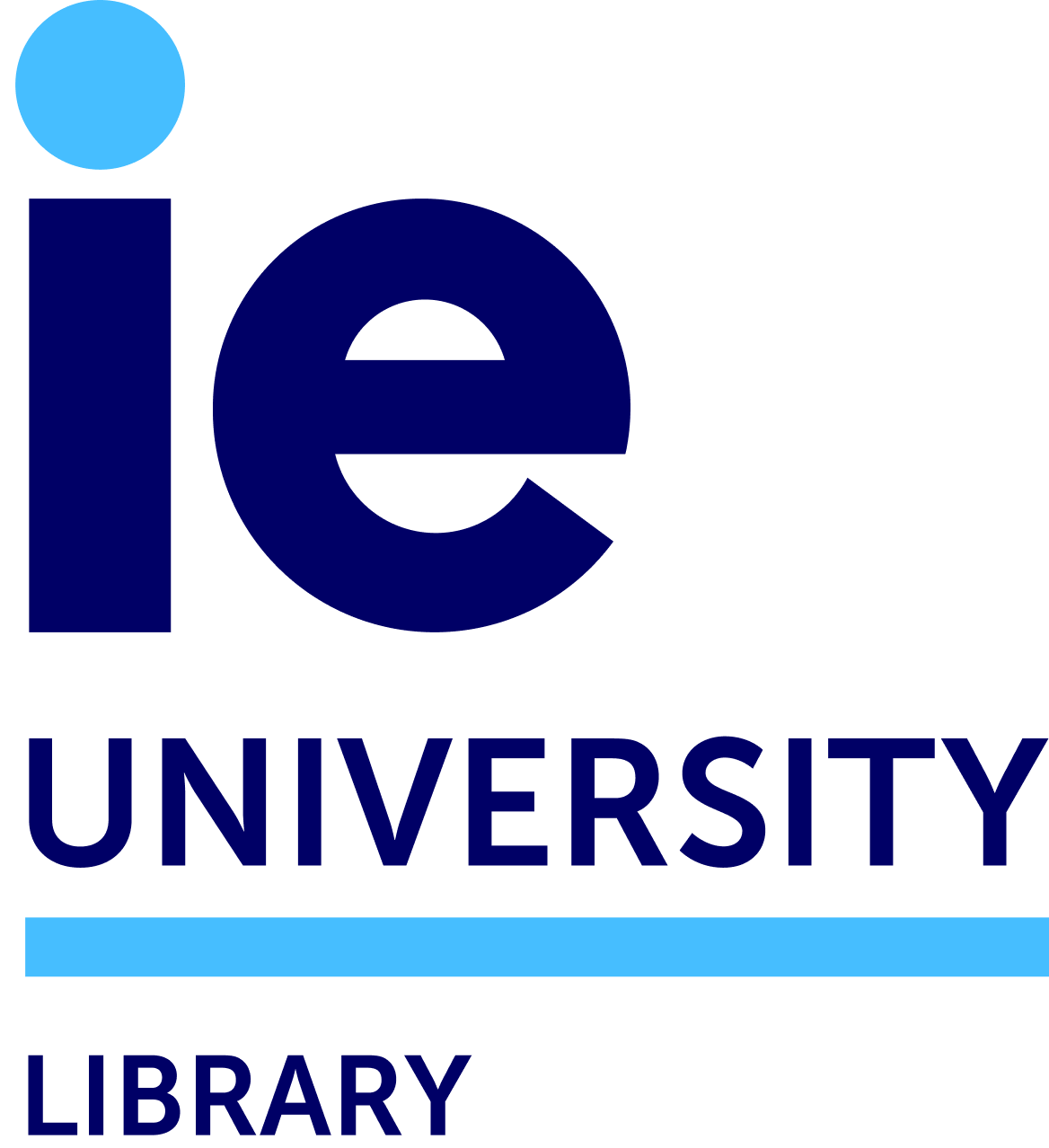SCIENTIFIC COMMUNICATION. INSTITUTIONAL REPOSITORIES
Scientific communication flow:
- Funding.
- Research process.
- Content production.
- Dissemination and publication.
- Scholarly communication models.
- Traditional publications (magazine, book, conference, etc.).
- Open Access publications.
Access to scientific knowledge is imperative for the transfer of knowledge, the generation of new knowledge, and the enhancement of already generated knowledge, all via OPEN ACCESS.
Why use Open Access? It improves scientific communication, it’s quicker in transferring knowledge, it increases use, it spreads/widens/augments the audience, inquiries and impact; Open Access also increases the content available to the users and adds more citations. Why reuse the content? it improves the quality, it reduces expenses, it makes the information available to anyone, it allows for transparency in the use of public funds, financial backers, sponsors, publicity, and it allows for the creation of a globalized infrastructure that is moving towards the world of e-science.
What does it mean for the researchers?
More visibility: top positioning in Google and other search engines, improved accessibility to more readers, more searches and downloads, more citations, less elapsed time between each citation, more data collection, conservation and continuous access to the materials and the creation of synergies and a network to contact other researchers.
The researchers who participate in projects sponsored by certain public organisms are required to publish the results in open access according to the terms established in their guidelines. For more information contact: investigacion@ie.edu
- Eligible documents: dissertations, articles, conferences, and in certain cases monographs.
- Where: a digital copy of any version of the work in the Zenodo repositories or OpenAire with open access.
- When: any time from 6-18 months after the date of publication.
FOR MORE INFORMATION
Horizon 2020 The EU Framework Programme for Research and Innovation
Ley de la Ciencia Law 14/2011, from June 1 from Science, Technology, and Innovation.
Comunidad de Madrid DECREE 679/2009, from February 19, which establishes the regulatory bases of subsidizing R + D activity.
Recolecta, or Collector of Open Science, is the national aggregator of open access repositories. All Spanish digital infrastructures in which research results are published and / or deposited in open access are grouped together on this platform.
TRADITIONAL PUBLICATIONS
Strengths:
- A large array of scientific publications in various fields
- Scientific recognition in the process of evaluation
- Quality and reliability guaranteed
- Consolidated impact factor
Who benefits? The editor. Why?
- He/she receives the product at a lower cost
- He/she has total control over the copyright of the publication
- He/she controls the distribution policy and content access of his/her publications
Weaknesses:
- Oligopoly limits the publication opportunities
- A long selection and acceptance process
- Delay in dissemination
- The author loses control over the copyright
Who is at a disadvantage? The organizations and the authors. Why?
- There is no investment return for the funding bodies of the research
- The users can only access the publications by payment, which augments the already disproportionate increase between the purchase price and/or the subscription of scientific publications
- A significant delay in the dissemination of the investigation results that hinder the immediate access to the newest developments
OPEN ACCESS PUBLICATIONS
Free of charge. With all the copyright restrictions and conditions of use.
Free of charge. With some copyright restrictions and conditions of use.
Free of charge. Without copyright restrictions nor conditions of use.
OBJECTIVES
To create a global infrastructure (Open Knowledge International) to organize scientific data, to preserve scientific data, to share and reuse data for greater scientific productivity.
RECOMMENDATIONS
SEARCH IN GUILLERMO AND MICHÈLE DE LA DEHESA LIBRARY WEBSITE
CONTACT & SUPPORT
WHATSAPP A LIBRARIAN
CALL US
NEWS
- Exploring Open Science and the Role of Repositories: Highlights from the IE University and CIVICA Alliance Event February 11, 2026
- IEU Library Becomes Part of LVIS and ICAC February 16, 2026
- Creative Campus Library: A New Space for Learning and Creativity January 20, 2026
- Discover Ask-ademIA: IEU Library’s New AI Research Assistant February 3, 2026
Researchers upload their documents, regardless of whether they’ve been published or not, in a thematic, institutional or collective repository (OpenDOAR)
Researchers publish their articles in commercial magazines (example) but they have the choice to pay a fee to the editor so their article will be Open Access
IE PHD THESIS
Information about the program and the defense here.
IMPORTANT
Can one request funding for publications completed before the 7PM concession?
You can find all the information here.
For more information about the author´s rights, Intellectual Property and Open Access click here.
IE UNIVERSITY REPOSITORY
IE Open Access publications at Zenodo.
Final Projects are deposited in their respective Departments during the required time.

